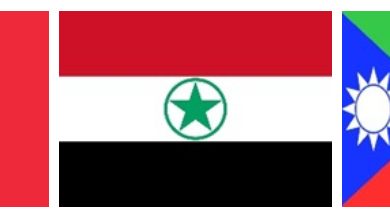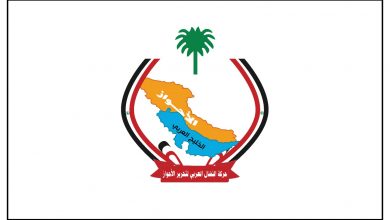#Ahwazna – An Ahwazi young man hanged himself due to mounting poverty and unemployment in Ahwaz

Ahwazna
According to reports from Ahwazi human rights activists, on September 10, 2014, an Arab young man named Hamid Sharifi, from Eyn-e Do village in Esmailiyeh Rural District of Ahwaz city, hanged himself in home after his wife left him due to long-term unemployment and pressure of poverty. An eye witness‘s neighbor who wanted his name to remain unknown said, Hamid alike other Ahwazi Arabs was desperately looking for any kind of job just to fulfill his daily needs and pay off his debt because of his marriage expenses. He was suffering emotionally after his wife abandoned him for good as a result of poverty, the eye witness’s neighbor said.
Poverty, unemployment, and racial ethnic discrimination in Ahwaz, the most oil-rich region, have caused a massive increase in the suicide rate in Ahwaz. It is said that most of suicides occurred in Ahwaz were carried out by hanging and Self-Immolation. The appalling economic conditions, barbaric ethnic oppression and inhuman policies of the clerical regime are the causes of high profile of suicides among Ahwazi Arab people who are suffering from poverty and ethnic oppression systematically by the occupying Iranian regime.
The number of Ahwazi Arab unemployed has risen significantly in recent months due to arrival of large numbers of Persian settlers and immigrants from central Persian regions like Yazd, Isfahan provinces to the Ahwaz region as a systematic preference of officials and institutions’ authorities in recruiting non-Arab workforces and depriving Ahwazi Arab local of having access to employment’s opportunities. This is a part of systematic policy of the occupying regime that intend to kill the spirit of national resistance of young Arabs and forcing them to search for subsistence outside their homeland Ahwaz.
It is noteworthy that 90 percent of Ahwazi Arab people in rural areas are suffering from poverty and weak income. They are overwhelmingly dependent on agriculture and fishing for their food but these people have been left with no alternative source of income after their entire arable lands on the banks Karoon River were forcibly confiscated by regime officials with very low compensation. As a result, they are vulnerable to crisis and many of them migrated to cities seeking for job along with living in shanty areas.


